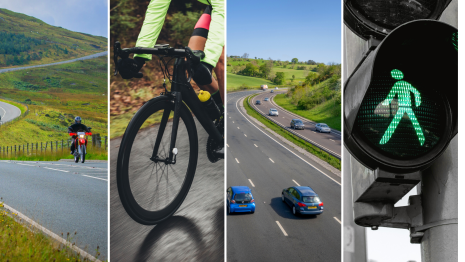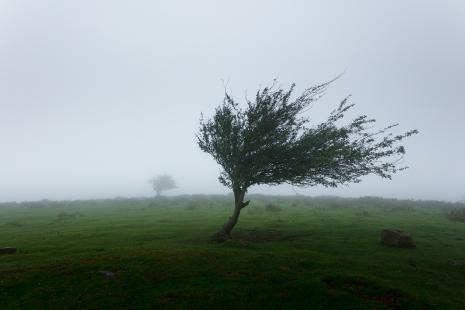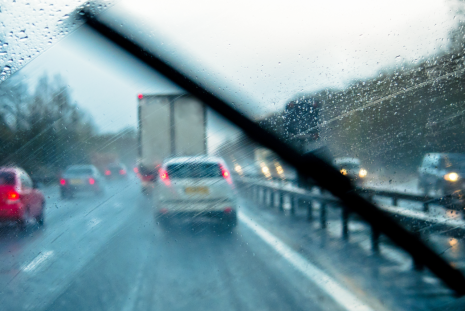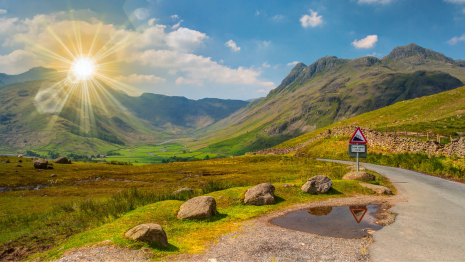As more people travel to enjoy the sunshine, it’s important you know how to keep safe. Here are some quick and easy tips to help you keep your cool this summer.
Traffic flows increase on average by approximately 10% on our roads during the summer months.
Give yourself plenty of time to reach your destination and avoid travelling at peak times. This will mean that you’re less likely to get frustrated behind the wheel.
Don’t get caught out - plan ahead and play it safe when travelling to events this summer.
In the summer it’s crucial that you make sure your car has enough engine coolant so that it doesn’t overheat.
Major mechanical problems can occur as a result of a car engine overheating, so be sure to check it every couple of weeks.
Having a breakdown in the heat can be very uncomfortable so give your car a quick once-over.
The majority of breakdowns across the network are avoidable if a vehicle is maintained. Not sure what to check? Remember FLOWERS- fuel, lights, oil, water, electrics, rubber & self.
In hot weather the air in your tyres expands which can cause problems if they’re damaged.
Your tyres may not be able handle the increased pressure caused by expansion and you they could explode.
When you’re enclosed in a car you can dehydrate quickly, especially if the temperature inside your vehicle is higher than it is outside. Stay hydrated by stocking up your car with plenty of fluids. You’ll stay more alert if you’re fully hydrated, making driving much safer.
- If possible, drive during cooler times of the day and avoid parking in direct sunlight.
- Bring cooling sprays and handheld fans to help keep you cool.
- if you're driving slowly, opening the windows will keep you cool. However, when you're going faster, such as on a motorway, the wind resistance created by open windows will use more petrol than running the air con.
- If you have the time open all the windows before set off to release the heat.
Never, ever leave children or pets alone in a hot car. Your car can act like a greenhouse and get dangerously hot in a short time. After a half hour at 21°C, the temperature inside a car can reach 40°C.
Nothing says summer like long drives to enjoy sunny weekends away at campsites, tourist attractions and beauty spots. However, the hours spent on the road can soon become tiring if you don’t take enough regular breaks.
Taking regular breaks as needed and having caffeinated drinks will help keep you going for long journeys.
Sun glare makes it difficult to see out of your front windscreen, especially if it isn’t clean.
Little specks of dirt or gathered dust can obscure your vision of the road and make driving very dangerous.
For this reason you should always check that you have enough washer fluid in your car’s reservoir and clean it properly.
Busier roads in the summer can mean that cars flock to places of natural beauty and tourist attractions. This limits the number of parking spaces available.
Don’t ignore the parking rules. For example, passing places or areas where there’s a gateway aren’t suitable for parking as these are often entry points to get onto fields.
If you have to park in the sun, put a windscreen sun shade on your dashboard. These can reduce your car’s interior temperature by around 15°C.
Keep a spare pair of sunglasses in your car when driving in the summer.
This will prevent sun glare and, if you have hay fever, acts as a barrier from pollen grains getting into your eyes.
Nice weather can make it very tempting to want an alcoholic beverage.
You should avoid having any form of alcohol if you’re driving, as even a little will affect your ability to drive.
This includes a decline in your visual functions, altered mood, loss of judgement and difficulty performing two tasks at the same time.
It’s better to wait until you reach your destination, arrange a designated driver or take public transport.





